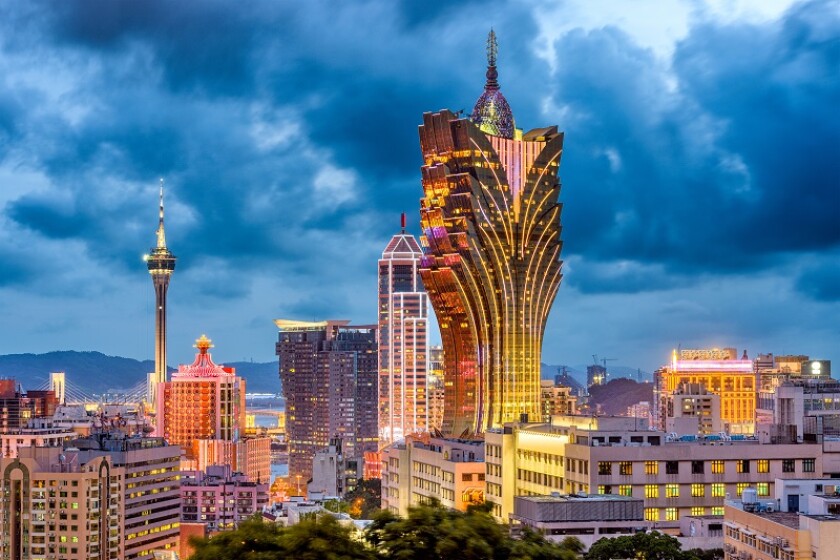At a time when Macau is continuously striving to develop economic diversification and strengthen its role as a world leisure and tourism centre, the new draft Hotel Business Law, which is still under discussion in the Macau Legislative Council, is designated to liberalise and diversify the hospitality industry in various ways.
One of the main highlights of this bill is that it allows budget accommodation, which can be provided by renting shared rooms based on number of beds. Such provisions enable the introduction into the market of non-traditional and low-cost lodging services, such as the popular capsule hotel.
The bill does not suggest that any property can be used as budget accommodation; only buildings and locations that have been registered for hotel use can be used to provide budget lodging. Therefore, offering such accommodation in private homes still will not be allowed in Macau and, under Law 3/2010, anyone providing accommodation for tourists without a legal licence in individual apartments or premises that were not built for hotel or similar purposes, will face an administrative fine. The growing public displeasure with illegal accommodation has led to the Macau chief executive ordering a study on the feasibility of criminalising such illegal lodging operations.
In addition to the establishment of a new type of affordable accommodation, the bill also enables hotel operations inside heritage-listed properties, subject to advance approval by the competent authorities.
On the other hand, the bill proposes reducing the minimum required number of rooms for hotels from 40 to 10 rooms. Requirements for two-star hotel facilities and services are also eased as a way of encouraging the supply of this type of accommodation, while requirements for hotels with five stars or more are tightened in view of enhancing the quality standards of luxury hotel services. The bill also sets up various mechanisms to simplify and accelerate the hotel licensing process, such as providing a one-stop licensing service.
Through defining a new legal framework and offering alternative forms of accommodation, the Macau government aims to develop and expand the hotel business in a sustainable manner. Through these reforms, it is hoped Macau will be better equipped to cope with the massive growth in Chinese visitors, the consequent shortage of hotel rooms and the increase in cost of such accommodation. It is hoped the new measures will provide a positive response to the change in travelers' expectations and needs with regards to lodging services.

|

|
João Nuno Riquito |
Mandy Fu |


